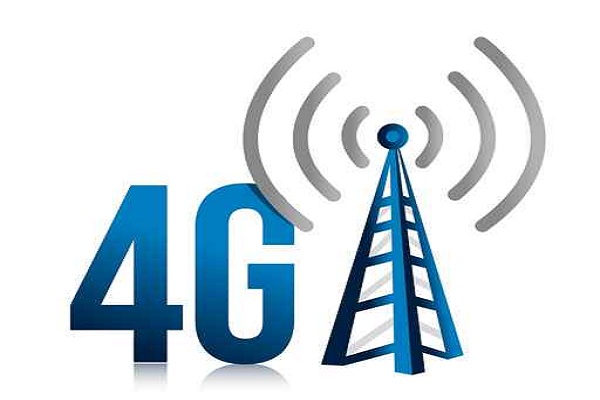Vaizey fleshes out Freeview interference combat plans
Communications minister sets out strategy to tackle interference caused by 4G rollout.


Communications Minister Ed Vaizey has fleshed out plans to help UK householders stop 4G networks disturbing their Freeview television signals.
A 180 million fund will be used to help around 2.3 million homes with digital terrestrial televisions maintain their signal once 4G networks get switched on.
The majority of consumers will be able to fix television reception problems by installing signal filters that will be provided for free.
The Government is keen to mitigate the effects of interference, so that no television viewer loses access to television services.
Some filters will be installed on rooftop aerials, and Vaizey confirmed that vouchers will be offered to eligible households to pay for this to be done.
It was also revealed that some households may have to switch to cable or satellite TV to remedy the problem.
However, the Government will help those households switch to free-to-air satellite or cable platforms.
Get the ITPro daily newsletter
Sign up today and you will receive a free copy of our Future Focus 2025 report - the leading guidance on AI, cybersecurity and other IT challenges as per 700+ senior executives
In a letter to regulator Ofcom, the Government admitted the problem was bigger than anticipated.
"The high speed mobile broadband services, which will be launched in the 800MHz spectrum, will bring significant economic and social benefits to the UK as a whole and to consumers and businesses," said Vaizey.
"Many of those consumers will also be viewers of DTT and some of those will unfortunately have those TV services affected by the LTE services unless action is taken to deal with interference.
"The Government is keen to mitigate the effects of interference, so that no television viewer loses access to television services."
Freeview managing director, Ilse Howling, said new plans to provide additional support were a welcome move but a "clear omission in earlier proposals".
"We also note that, should the costs for protecting people's television services exceed the 180 million the Government has set aside, Ministers are committed to bearing the risk of any overspend," she said.
"However, we remain concerned that viewers living in flats, many of whom will be on lower incomes, will not be covered by the Government's plans.
"Additional TVs will not be supported either. It is unfair for Government to expect viewers to foot the bill to protect their existing services from 4G interference," he added.
Howling suggested the Government and Ofcom should mandate a trial of 4G services in a limited area before pushing ahead with a nationwide rollout.
Rene Millman is a freelance writer and broadcaster who covers cybersecurity, AI, IoT, and the cloud. He also works as a contributing analyst at GigaOm and has previously worked as an analyst for Gartner covering the infrastructure market. He has made numerous television appearances to give his views and expertise on technology trends and companies that affect and shape our lives. You can follow Rene Millman on Twitter.
-
 Should AI PCs be part of your next hardware refresh?
Should AI PCs be part of your next hardware refresh?AI PCs are fast becoming a business staple and a surefire way to future-proof your business
By Bobby Hellard Published
-
 Westcon-Comstor and Vectra AI launch brace of new channel initiatives
Westcon-Comstor and Vectra AI launch brace of new channel initiativesNews Westcon-Comstor and Vectra AI have announced the launch of two new channel growth initiatives focused on the managed security service provider (MSSP) space and AWS Marketplace.
By Daniel Todd Published